Now it takes only 14 hours for Kenyan fresh flowers to reach the Chinese city of Changsha, and young Africans can get various Chinese products with just a few clicks on keyboards at home.
At the opening ceremony of the Beijing Summit of the Forum on China-Africa Cooperation (FOCAC) held in September 2018, Chinese President Xi Jinping proposed that China would launch eight major initiatives in close collaboration with African countries, including a decision to open a China-Africa economic and trade expo in China.
To fully implement this decision, the first China-Africa Economic and Trade Expo (CAETE) was held in 2019 in Changsha, the capital city of central China's Hunan Province, which turned out to be a great success. And the second CAETE, which opened Sunday in the same Chinese city and has attracted nearly 900 enterprises from 40 African countries and China, will not only show the world how Xi's proposal has facilitated bilateral trade, but also unleash new potential for cooperation between the two sides.
BETTER LIFE FOR CHINESE, AFRICANS
For Dieudonne Twahirwa, managing director of Goshora Farm PLC, Rwandan supplier of agro-product of both local and international markets, this year is "a lucky year" as his company has gained access to China, "a good and stable market."
Twahirwa said his company used to sell dried chili peppers to India and Europe, but those markets have been "unstable."
"Now I can say with confidence that China is a reliable market," he said, adding that cooperation with China will increase farmers' sales and improve their welfare.
On Aug. 4, customs authorities in Changsha said that China has imported its first dried chili peppers from Africa. Products from Twahirwa's company were among them.
"We have decided to increase imports, particularly non-resource products, from Africa," Xi said at the opening ceremony of the Beijing Summit of the FOCAC in 2018.
A year later, during the first CAETE, companies from Hunan Province and Rwanda signed a contract for the purchase of dried chili peppers. Since then, Rwanda has become the first African country to enter the Chinese market with its local dried chili peppers.
Coffee is another non-resource African product that is popular with Chinese consumers. For example, located in the China-Africa Economic and Trade Incubation Zone in Changsha's Gaoqiao Grand Market, the African Coffee Street has gathered more than 20 leading Chinese enterprises in this field.
In the eyes of Jing Jianhua, owner of Own Master, a cafe which will open soon with coffee beans all from Africa, Chinese consumers will be able to enjoy pure African coffee at a more affordable price.
African products are becoming an indispensable part of the Chinese life, Jing said.
According to an official report released Saturday, China had remained Africa's largest trading partner for 12 consecutive years by the end of 2020, despite the headwinds of the COVID-19 pandemic.
NEW PLATFORM OF CROSS-BORDER E-COMMERCE
In less than 30 minutes, butter from Mali, white peppercorns from Cameroon, peanuts from Senegal and other African products have all been emptied out by Chinese consumers in a live stream run in Changsha.
Meanwhile, Chinese products are also sought after by African merchants in live streams. "In addition to star products such as wigs or clothing exported to Africa, luggage and small-scale agricultural machinery also have good markets and complete industrial chains on the African continent," said Wu Di, director of the Foreign Trade Service Center at Gaoqiao Grand Market.
During the FOCAC in 2018, Xi proposed that China "will set up relevant mechanisms to promote e-commerce cooperation with Africa." Over the years, via an active implementation of Xi's proposal, which has been an important part of the eight major initiatives, more and more opportunities have emerged in cross-border e-commerce between China and Africa.
For instance, Chinese and African companies have worked together to encourage the export of African specialties to China through cross-border e-commerce platforms during the COVID-19 pandemic.
Impacted by the pandemic, African consumers are more likely to switch their purchase from physical stores to the internet, giving a strong impetus to the development of e-commerce, said Lu Xiaoyong, marketing manager of Kilimall, a main East African e-commerce platform founded in Kenya in 2014.
COOPERATION CHANNEL THROUGH INTERCONNECTIVITY
In a congratulatory letter sent to the first CAETE, Xi said it is hoped that the two sides will strengthen coordination to better implement the eight major initiatives put forward at the Beijing summit of the FOCAC, actively explore new paths for cooperation, open up new points of growth for collaboration, and promote China-Africa economic and trade cooperation to a new level.
In light of Xi's remarks in the letter, Hunan has sought to explore new mechanisms for economic and trade cooperation with Africa. A new pilot free trade zone (FTZ) in the province was launched in September 2020, with a focus on building a world-class advanced manufacturing cluster, an international investment and trade corridor linking the Yangtze River Economic Belt and the Guangdong-Hong Kong-Macao Greater Bay Area, and a leading area for in-depth economic and trade cooperation between China and Africa.
Recently, the first five containers of red grapefruit from South Africa arrived at Yangshan Port in Shanghai, becoming the first trial order of barter trade in the pilot FTZ in Hunan.
Besides, the expansion of routes for passenger transportation and freight shipping has vigorously facilitated economic and trade exchanges between China and Africa.
On Sept. 15, central China's industrial hub of Zhuzhou launched a combined sea-rail transport service to Africa. The first consignment of goods is expected to arrive at Mombasa Port in Kenya on Oct. 15.
Compared to traditional river-sea shipping, the sea-rail transport service can shorten the logistics time to East Africa by 10 days and that to West Africa by nine days, saving 3 percent of the transport cost.
The sea-rail transport service is expected to cover 11 African seaports and 20 roads and railways in inland Africa in the first phase, said Guo Ning, a customs official in Hunan.









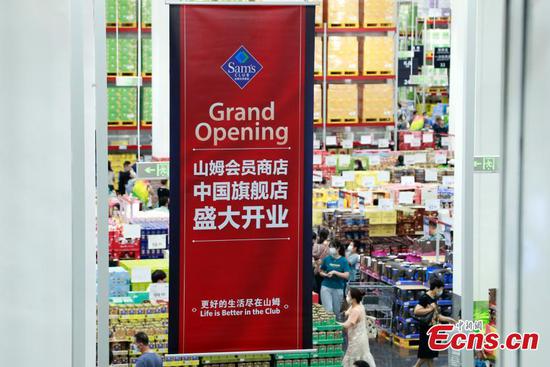

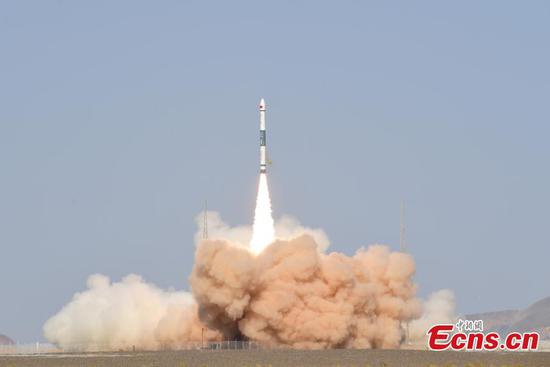
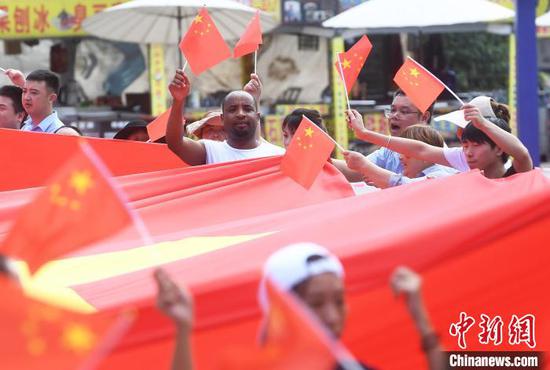
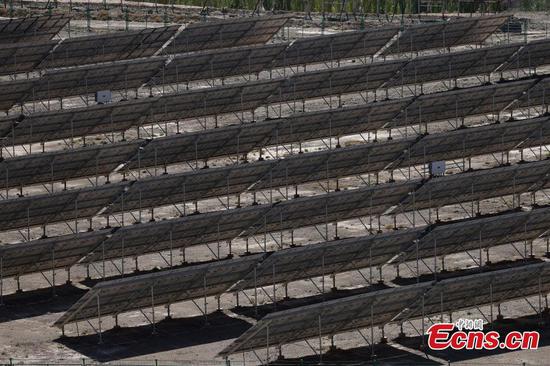
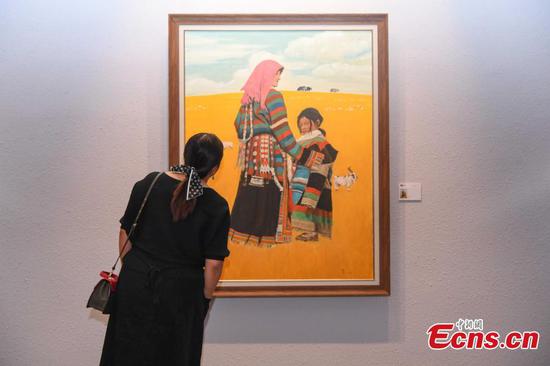
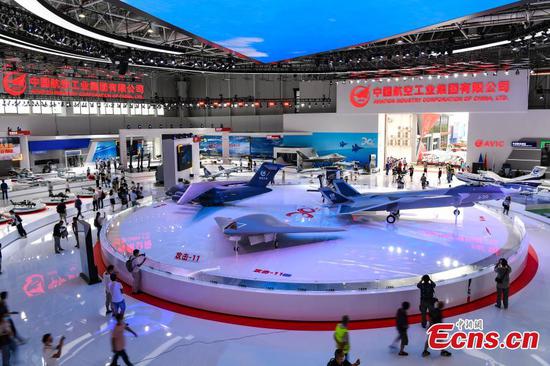
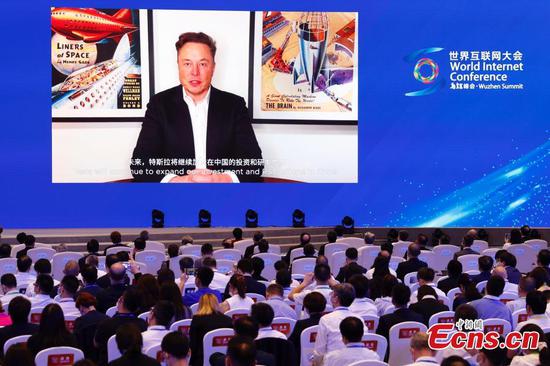
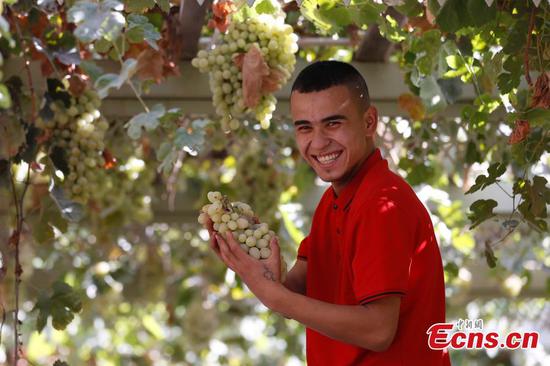
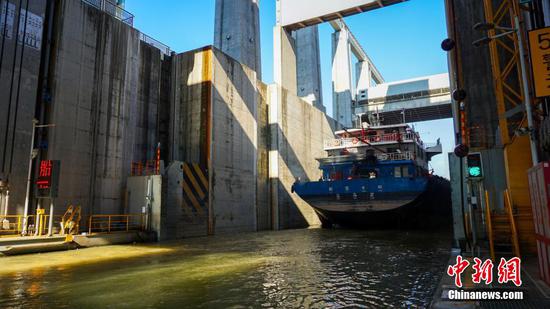



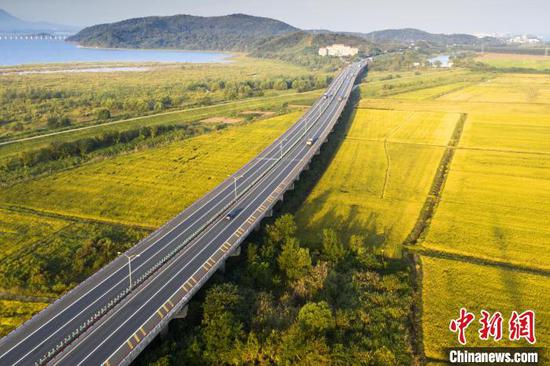
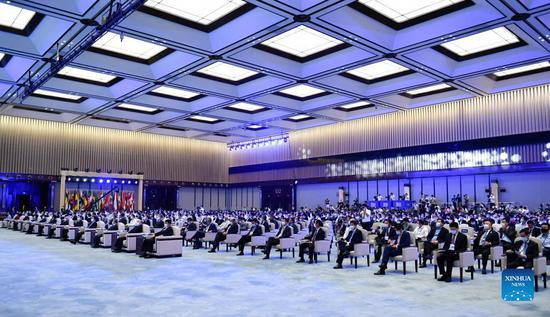


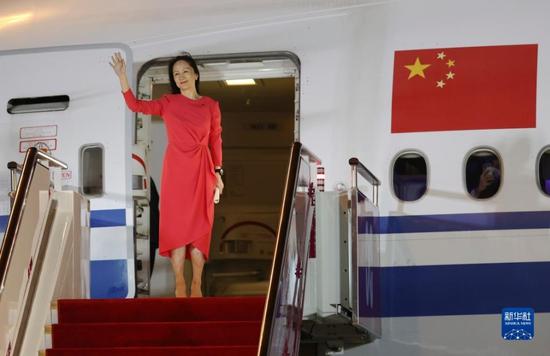


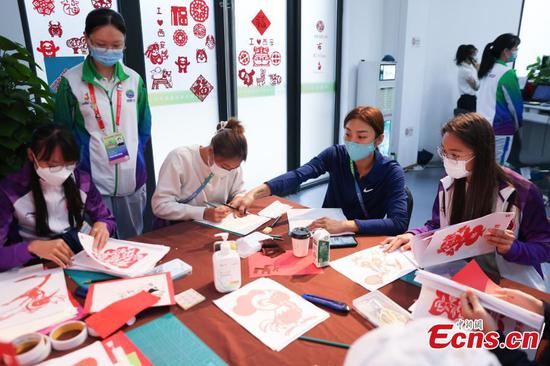
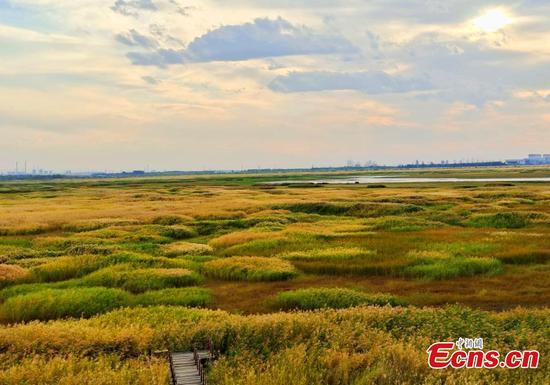
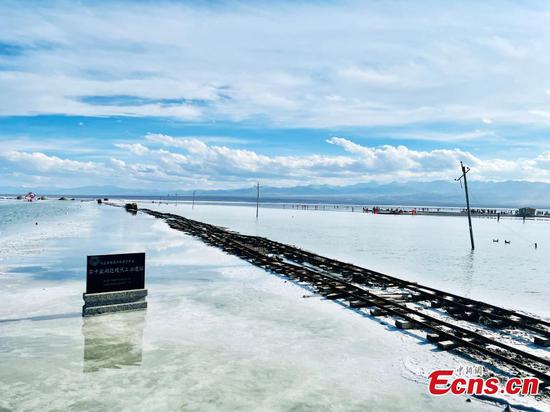

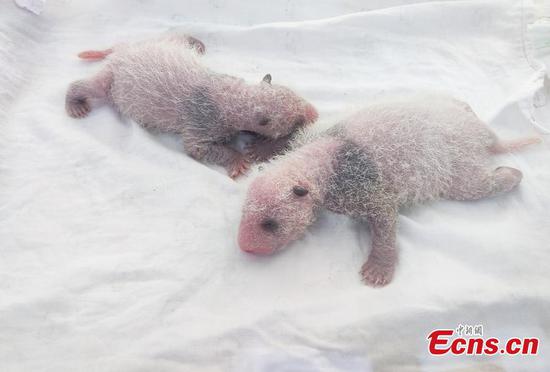

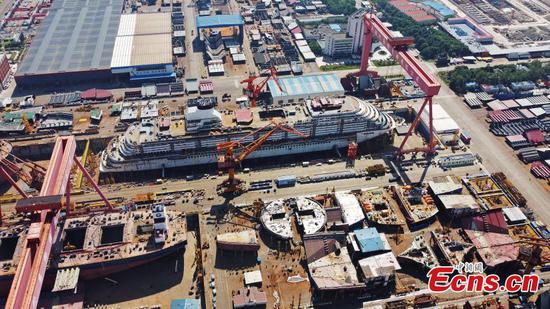
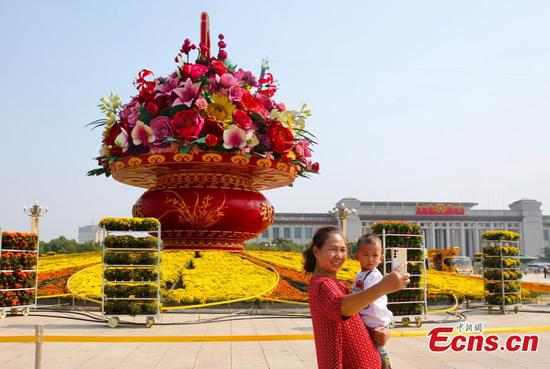
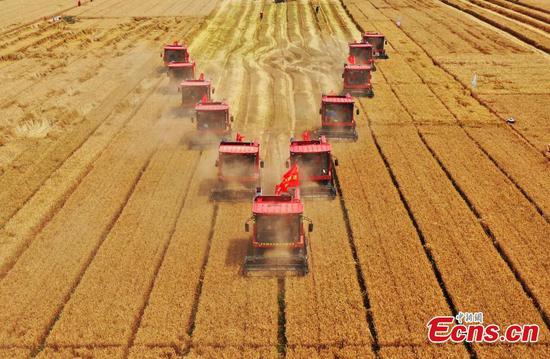

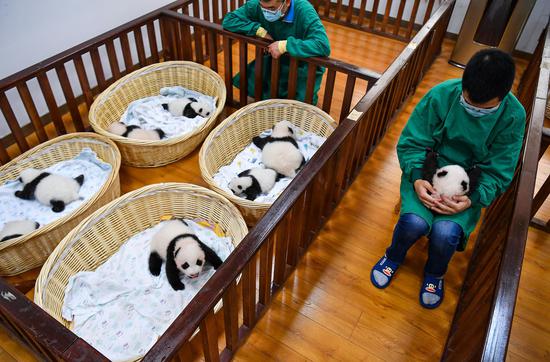
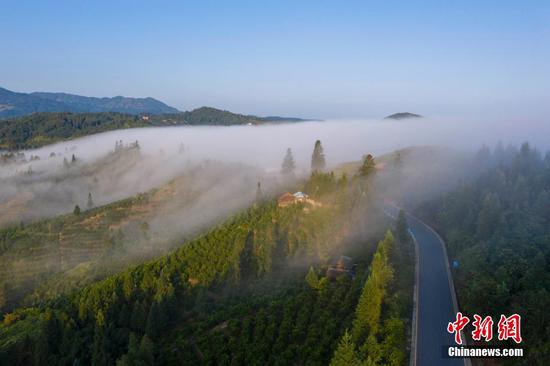



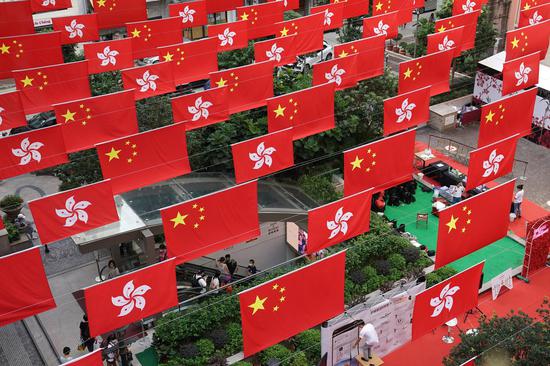





 京公网安备 11010202009201号
京公网安备 11010202009201号